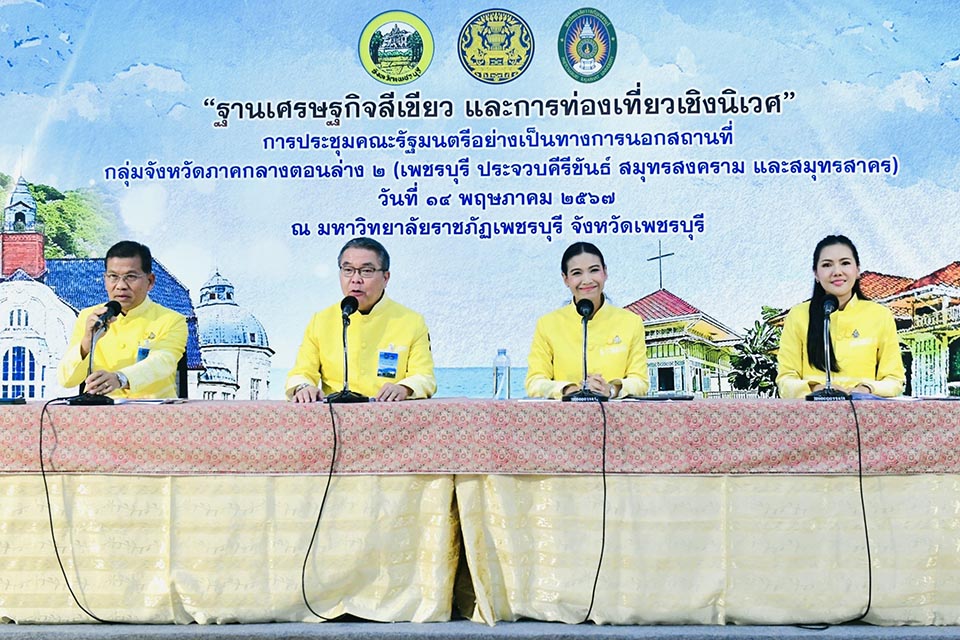
The Cabinet, during its regional retreat on May 14 in Petchaburi province, endorsed a new 10-year visa to attract executives and experts to the Eastern Economic Corridor (EEC) as part of efforts to bolster the country’s targeted industries.
Announced by Deputy Government Spokesperson Rudklao Intawong Suwankiri, the EEC visa is designed to enhance the corridor’s role as a key economic area by bringing in specialists across various fields. The visa, which allows multiple entries and exits, aligns with the duration of an individual’s employment contract, initially granting a five-year stay. The EEC visa is segmented into four categories, including specialists, executives, professionals, and their spouses and dependents. Alongside the visa, eligible specialists working in the EEC will benefit from a reduced personal income tax rate of 17%, a sizable reduction from the country’s top progressive rate of 35%.
During the meeting, Prime Minister Srettha Thavisin also directed the Ministry of Agriculture and Cooperatives to draft a comprehensive plan to upgrade agricultural infrastructure. The directive supports Thailand’s ambition to transform into a regional leader in farming and food production, with a goal to triple farmers’ incomes. The improvement strategy includes advancing plant genetics, enhancing water management, promoting soil testing, and advocating for efficient fertilizer use.
Additional measures focused on leveraging satellite technology to combat agricultural burning and developing disease-resistant cassava strains. The government is also pushing for the growth of high-income crops such as coffee and cocoa to decrease burning in highland areas. Thailand has entered into an agreement with Saudi Arabia to foster agricultural cooperation, affirming its commitment to advancing agricultural practices and contributing to global food security. These plans and partnerships are expected to be finalized and active by June, following detailed announcements from the responsible ministry. (NNT)








